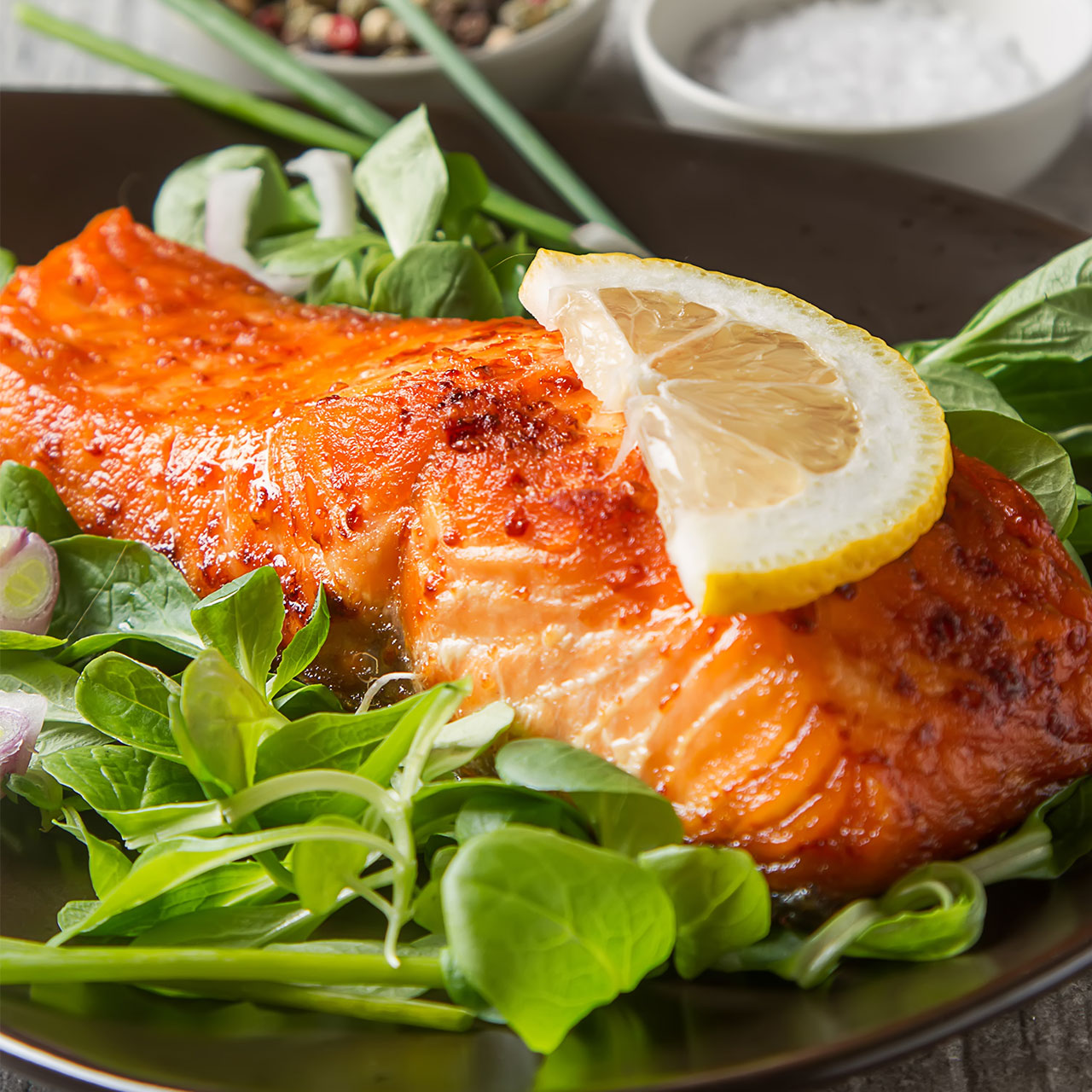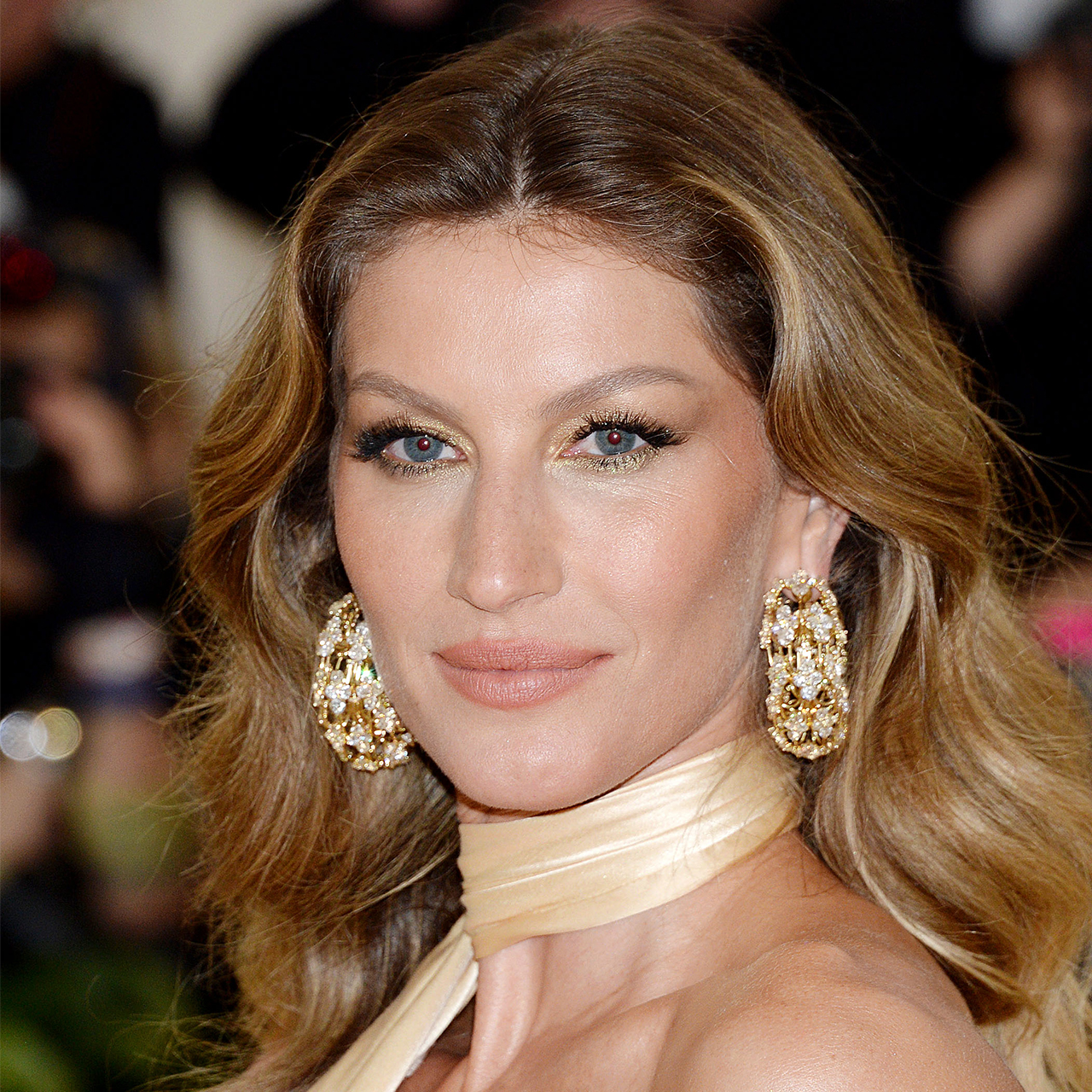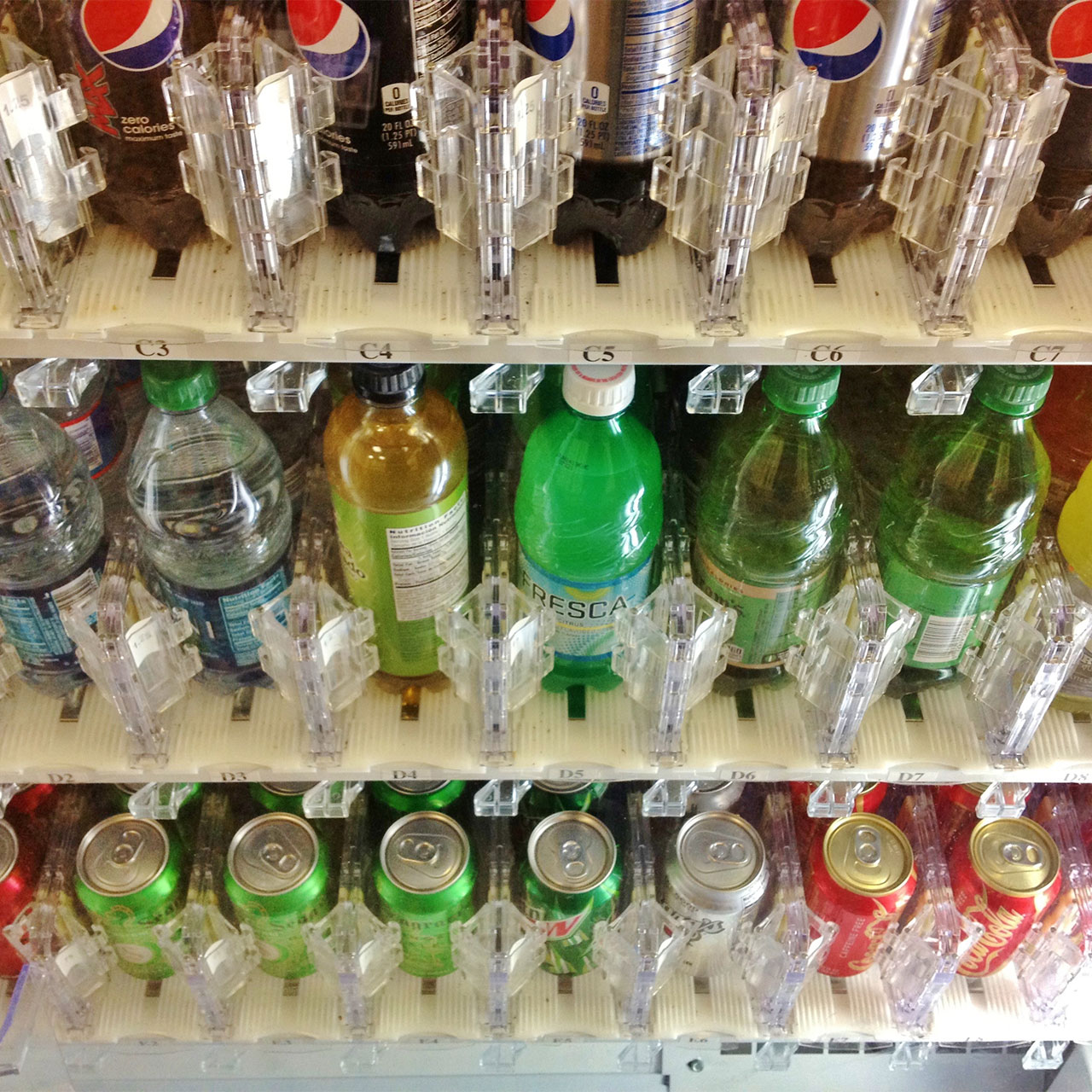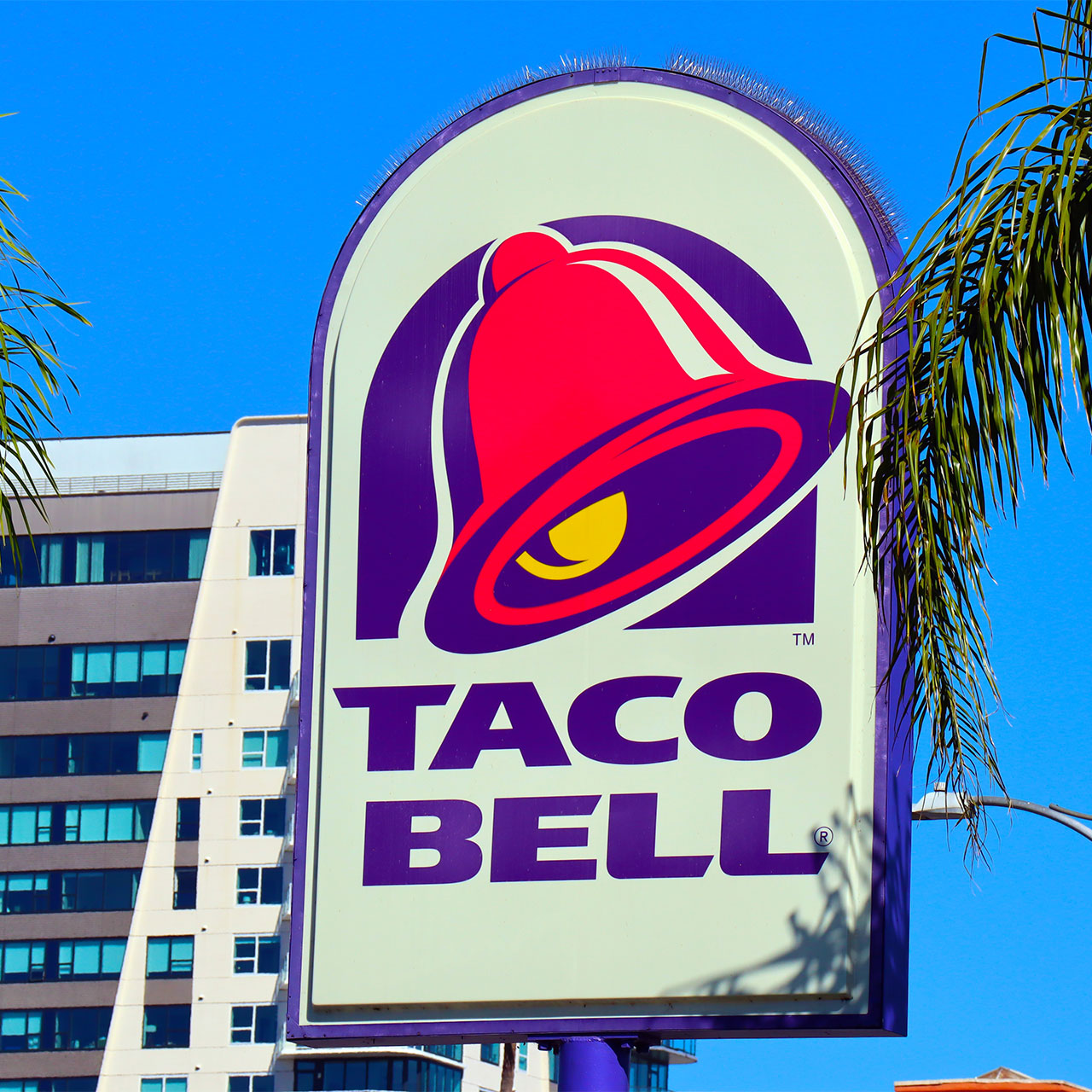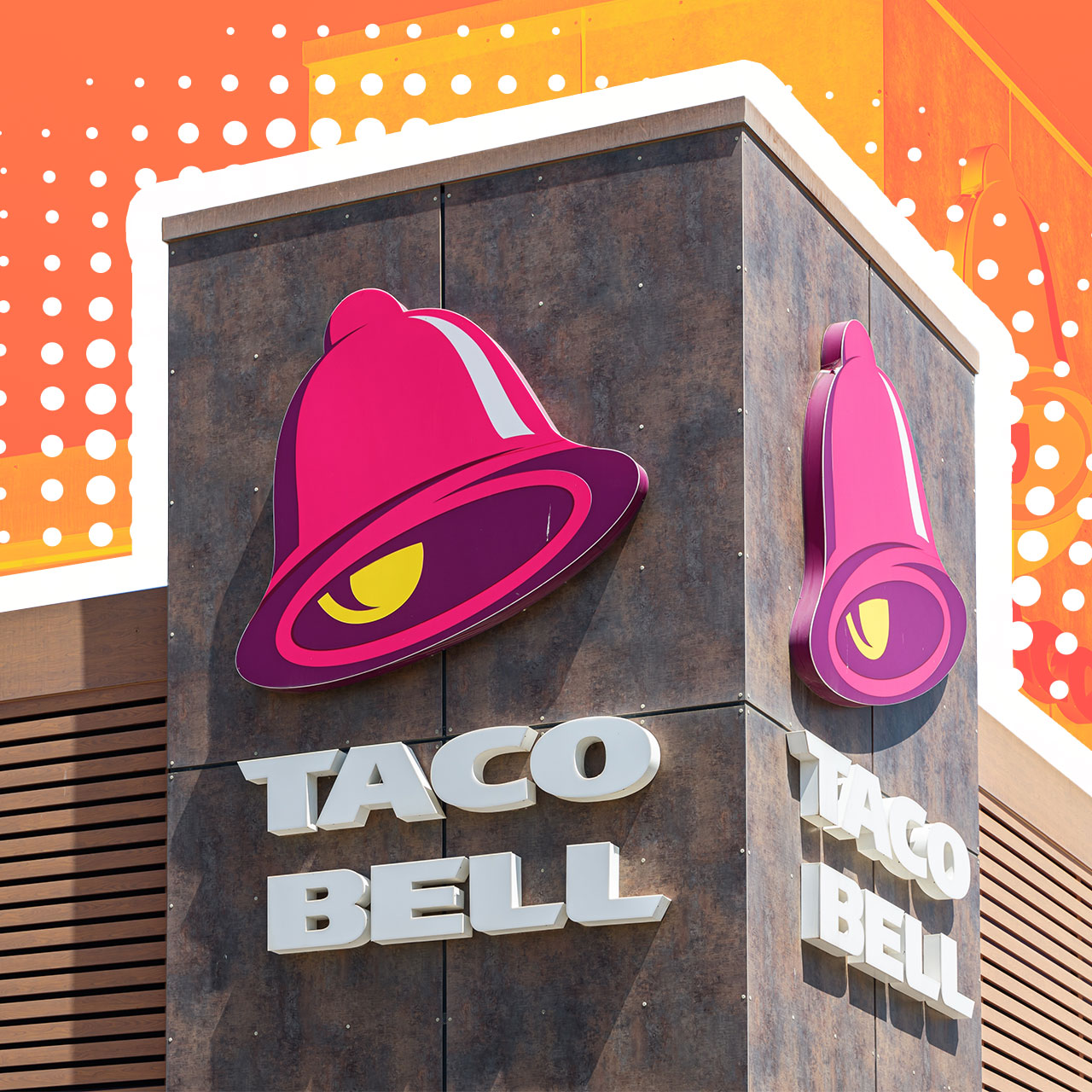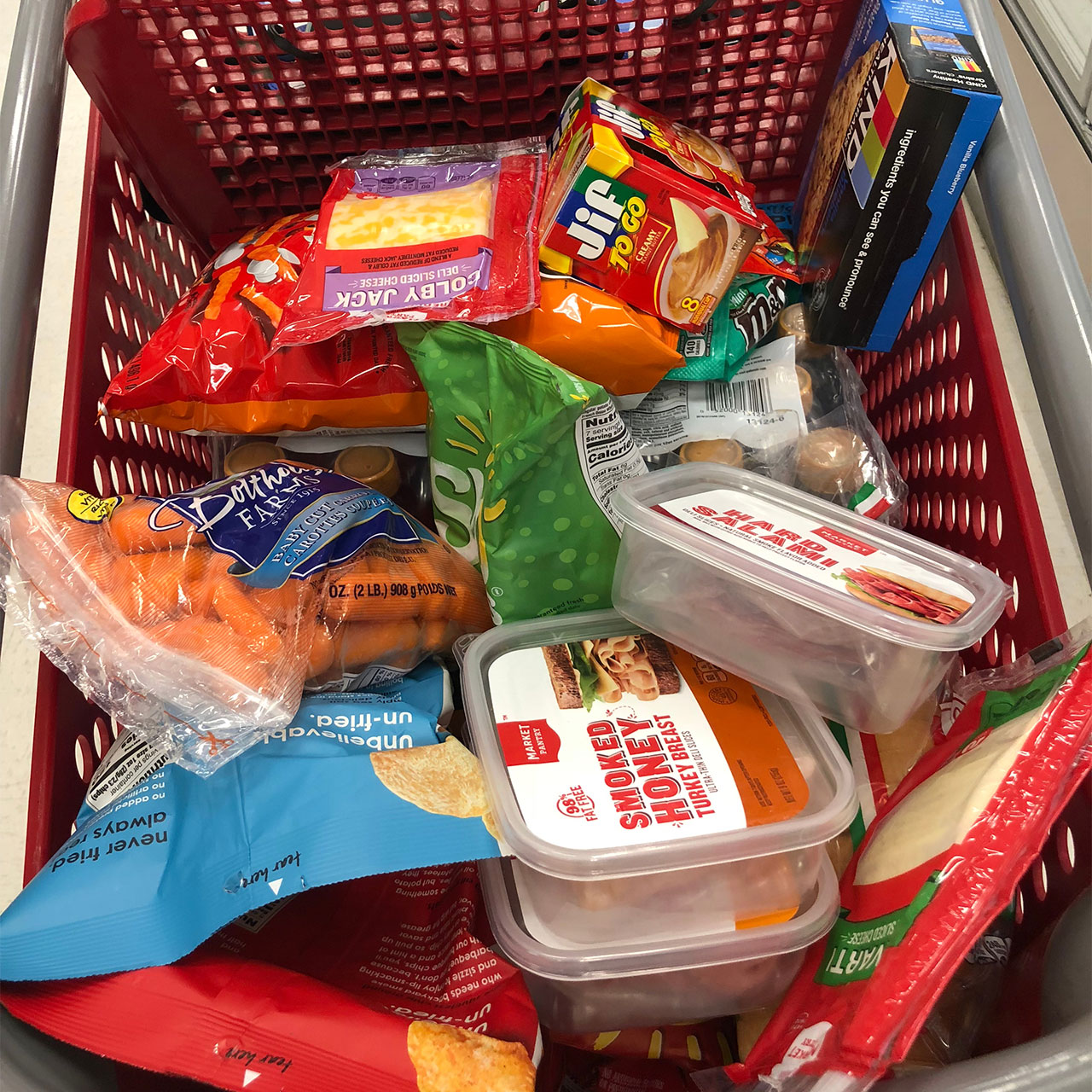Losing weight can feel like an overwhelming and daunting process, but it doesn’t have to be! To shed pounds and burn fat healthily, you’ll need to eat a balanced diet, drink ample amounts of water, exercise regularly and stick to a refreshing sleep schedule, experts say. We checked in with registered nutritionists and other health experts to learn more about 3 common fat-burning myths. Read on for tips and suggestions from Seamus Sullivan, B.S., CSCS, PN1, certified personal trainer and nutritionist, Trista Best, registered dietitian, and Dr. Rosmy Barrios, MD, health expert and medical content author.


Myth #1— Spot Reduction is Effective
While many who head to the gym want to lose weight overall, others have specific parts of their body in mind that they want to shed fat from, Sullivan says (like the very common midsection area). As much as programs, ads or certain shows might promote products that flush out or cause weight loss in a certain area, it’s more logical (and possible) to aim for general weight loss and utmost health instead, Sullivan explains. “There is no such thing as spot reduction, this means that a person who is trying to lose body weight and fat cannot simply choose the area they want to decrease,” he says. “No matter how many core exercises or ab routines they do, that area will not specifically reduce like they want,” he adds, saying that people should also be “wary of waist trainers” as they do not in fact “reduce belly fat either.” If anything, he says, you may be putting your organs in danger. The key to burning fat in these areas, he adds, requires "patience," and a mindset that aims for overall weight loss, healthy fat burning across the board and not hyperfixating on one certain area.

Myth #2— Skipping Meals Can Help Burn More Fat
Regarding your health and optimal fat burning, there's more harm done than good when it comes to skipping meals. This is especially true about breakfast, Best says. "When it comes to dieting and weight loss most of us look at calories first and how we can take in as few as possible," she says. Unfortunately, Best adds, "this may work in the short term, [when it comes to nurning fat], but long term it does damage to your metabolism." She notes that each person has a unique metabolism, the rate at which they burn calories, and for most individuals this is around 2000 calories per day. "This means for your body to perform its regular functions at optimal level, it requires a certain amount of calories." Put simply, when you go over this number it leads to weight gain, and when you consume less than this number it leads to weight loss. This weight loss or burned fat is short lived, she notes, however, because the body will adjust to only receiving a smaller amount of calories. Therefore, it will slow down the amount of calories it needs in order to conserve energy and avoid starvation. This essentially means you are slowing down your metabolism. "When restricting ends you will see rapid weight gain as you begin eating what was a normal amount of calories before because the body is now storing the excess as fat more efficiently," Best continues. Burning fat, she stresses, is about adding more protein and nutrient-rich foods to your meals rather than skipping them or limiting them. Healthy dishes and vitamin-filled snacks throughout your day will help you maintain your progress before/ after exercising, and "depriving your body of essential nutrients," she says, is not something you should practice.

Myth #3— Burning Fat Requires Tracking *Everything*
While it's great to take note of what you consume in a day in the efforts of making your diet healthier, Barrios warns that this can be overdone. Whether you're counting calories, macros, etc., this should be done to observe what you might want to eat more of before planning for your next meal (rather than to bash yourself for what you've already eaten!)
"Newcomers [to counting macros] often make the mistake of just looking at the numbers and choosing heavily processed foods that lack vitamins and minerals," Barrios explains. An "essential tip" that she recommends keeping in mind, is that "counting macros [or anything else] should be a short-term practice," rather than something you do excessively when wanting to burn fat. "Focusing on numbers and the constant weighing of food products can become a quick way to dysfunctional eating," Barrios says. "It is always good to be educated about macros or other things, but making this a regular practice is not recommended," she adds. While meal planning can be healthy and a fun way to get more excited about what you love eating and noting what might not make you feel your best, this shouldn't lead to stress or anxiety about what you consume. Ultimately, Barrios and other experts say, the best ways to burn fat include listening to your body when it is hungry or feels great after exercise, and to visit a doctor to help you craft a healthy meal plan.




